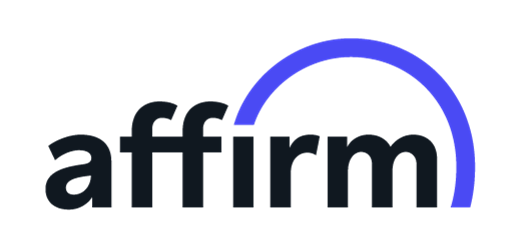Time Off
Whether for vacation or to manage an unexpected health or personal priority, Affirmers have access to several Time Off programs that ensure you’re able to step away from work when needed.
Vacation
Accrued Vacation (non-exempt employees)
Non-exempt US-based employees accrue 20 vacation days per calendar year to relax and recharge. Accrued Vacation will be logged in Workday. If a Company-wide Away Day falls within a period that a non-exempt employee is using accrued paid vacation, the Away Day does not count as a paid vacation day.
Flexible Time Off (exempt employees)
Exempt US-based employees receive Flexible Time Off (FTO) to relax and recharge. FTO will not be logged in Workday. There are certain guidelines and obligations the employee must meet to use FTO. Requests for FTO can not be unreasonably denied and managers and teams can not impose a pre-set number of FTO days or hours that will be allowed during any given period. Every Flexible Time Off request is evaluated and approved on an individual basis.
Evaluation of Vacation Requests
Certain work obligations must be met and coverage should be planned out in advance of an Affirmer taking a vacation. You should evaluate the following points whenever you make a vacation request:
- Team Obligations: Will the vacation affect your ability to do your fair share of work so the team meets project deadlines and stays on track with goals and daily responsibilities?
- Individual Obligations: Does the vacation impede your ability to perform your regular job duties or impact the timeline of a business-critical project?
- Vacation Distribution: Does your request overlap with another teammate’s approved vacation and, as a result, cause issues with coverage?
- Notice of Request: Did you provide enough notice so the team can plan accordingly and ensure nothing gets dropped during that time?
Additional Time Logged in Workday
Health Days
Affirmers receive 10 days per year that can be used for illness or for preventative care. Health Days may be taken for the following reasons:
- The diagnosis, care, or treatment of an existing health condition of, or preventative care for, an employee or an employee’s family member or designated person.
- Pursuant to Affirm’s leave of absence policy for victims of domestic violence, sexual assault, or stalking.
- To aid or care for a guide dog, signal dog, or service dog of the employee, employee’s family member, or designated person.
- Inability to perform usual daily functions and responsibilities due to symptoms of poor mental health or mental illness, including difficulty concentrating, exhaustion, or impairment due to mood, thinking, or behavior.
Bereavement Leave
Up to 10 days of paid Bereavement Leave may be taken intermittently and in full-day increments within six months of a loss, for the following reasons:
- Need of leave due to the loss of a human loved one.
- The employee, their partner, or their surrogate loses a pregnancy through miscarriage or stillbirth.
- The employee experiences a failed adoption or surrogacy arrangement.
Life Happens Leave
Affirm recognizes that an employee may have a need to be absent from work in order to attend to personal situations beyond those covered by company-provided paid time off. Up to 15 days of paid time per calendar year for approved emergencies under the Life Happens Leave policy:
- Need of leave due to COVID-19.
- Need of leave due to caregiving reasons.
- Need of leave due to being directly affected by a humanitarian crisis. This includes major emergency situations that threaten the lives and well-being of large numbers of a population and requires extraordinary action to ensure their survival, care, and protection.
- Need of leave to travel, out of state or country, to or from a health facility for a medical procedure. The leave can be used if the employee is receiving a medical procedure or if they are traveling to support their family member.
Jury Duty
Up to 5 days of paid leave per year may be taken for the purpose of fulfilling jury duty or appearing in court or other judicial proceedings as a witness to comply with a valid subpoena or other court order.
